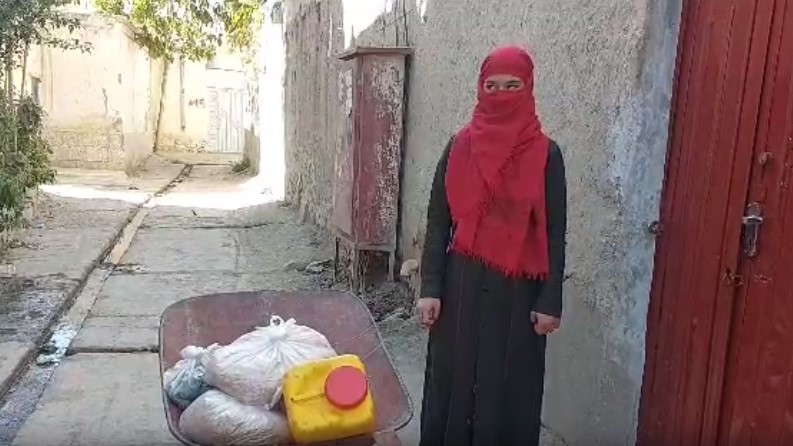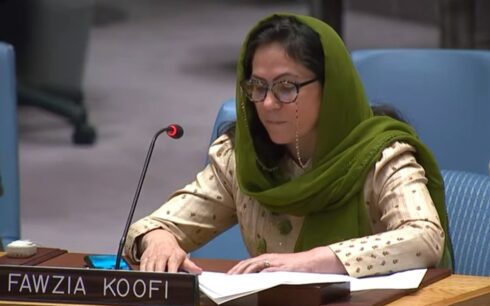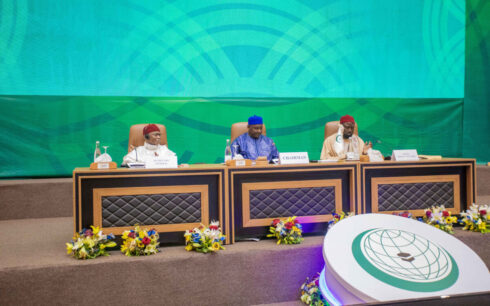International Day of the Girl Child, a global observance day declared by the United Nations, meant very little to millions of teenage girls in Afghanistan this year as they continue to be deprived of an education, have limited access to healthcare, no freedom and a bleak future under the Taliban.
Also known as the Day of Girls, it was first celebrated in 2012 as a way to raise awareness about gender inequality and to advocate for girls’ rights and empowerment.
While the day was celebrated in countries around the world on Wednesday, girls in Afghanistan saw no reason to celebrate. Instead, the day was a stark reminder of all that’s been lost to them in the past two years.
Under Taliban rule, and amid an economic crisis, many girls who should be in school are instead forced to work, often under hard labor conditions.
Amu spoke to Fatima, a 14-year-old who works on the streets of Kabul selling cherry juice. While prohibited from going to school by the Taliban, she is now responsible for supporting her family. She said her father is ill and she is the only breadwinner in her family.
However, it wasn’t always like this for Fatima. When the Taliban seized control of the country in August 2021, she was in grade 7 when her schooling came to an abrupt halt.
“Why don’t women have the right to study and become someone who can help their family in the future,” Fatima asked. “Our government (Taliban) doesn’t allow us to study, help our family and become someone for our future.”
The Taliban banned girls above grade six from school just days after regaining control of Afghanistan.
According to the UN Educational, Scientific and Cultural Organization (UNESCO), over three-million girls have been deprived of education in Afghanistan.
A crippled economy and dire humanitarian situation are other factors that have also affected girls.
Parisa, 12, pushes shopping bags in her wheelbarrow for people leaving the market. She does this to help feed her family.
“I take the items from the shops. The Taliban doesn’t allow me on the street. I take the items of the people from their cars to their houses,” she said.
Meanwhile, the Chargé d’Affaires of the Afghanistan Permanent Mission to the UN, Naseer Ahmad Faiq, has once again objected to the Taliban’s “oppressive” policies regarding women and girls in Afghanistan.
Faiq said that they are victims of “gender apartheid” as their fundamental rights to education and employment have been denied.
“I would like to draw your attention about the three-issues about Afghanistan. First of all, the systematic violation of fundamental human rights and freedom of Afghan women and girls by the Taliban,” he said. “Due to the oppressive policies of the Taliban, Afghan women and girls are faced with gender apartheid.”
Over the past two-years, the Taliban has issued dozens of edicts restricting women and girls. Apart from being banned for school, above grade 6, girls and women are banned from parks, public baths, entertainment areas, traveling alone and working for local and international NGOs.
The UN and the international community have repeatedly voiced their concerns over violations of human rights and women’s rights in Afghanistan, demanding the Taliban to ease its restrictions. However, there has been no change yet in the Taliban’s policies towards the women.





